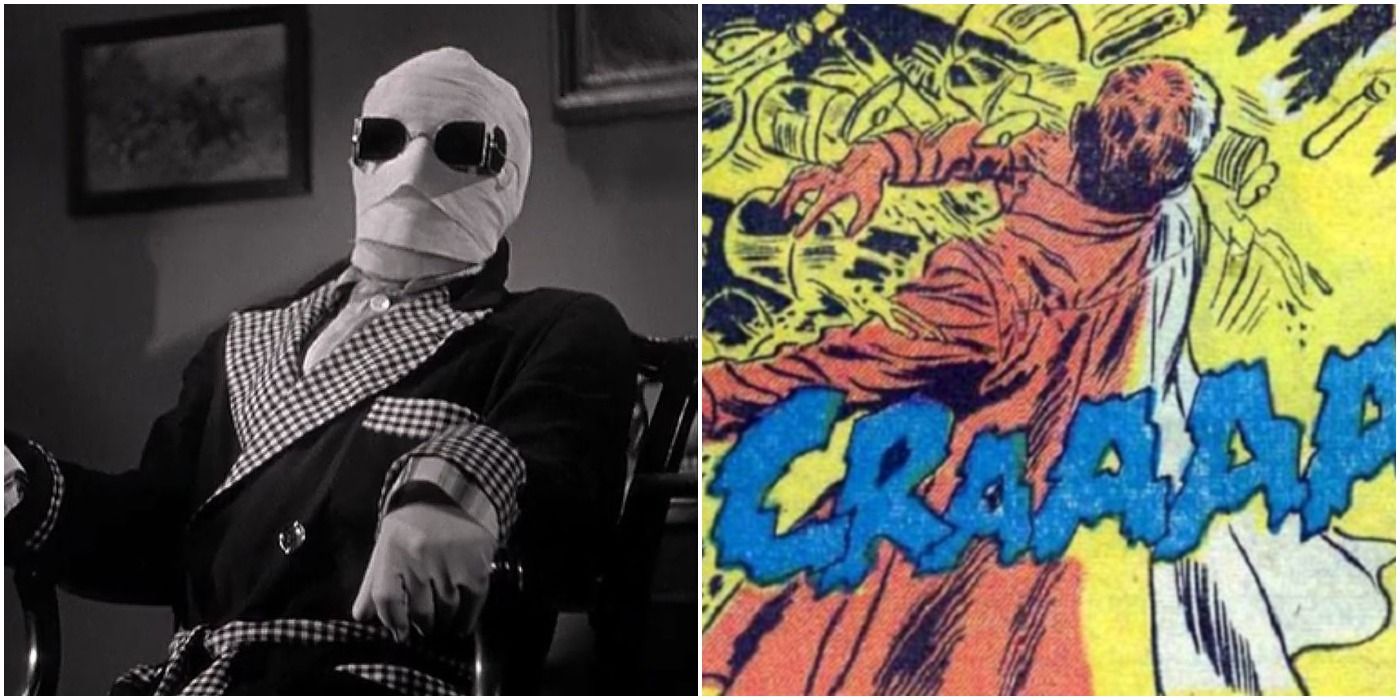
Superpowers are a key component of superhero stories. While powerless heroes ranging from Batman to Darkwing Duck are fantastic, even they have to be extraordinary to fit into their respective super worlds. Without powers, there's no power fantasy for the readers to enjoy and indulge in.
However, one of the more exciting ways to reexamine superheroes is looking at what happens when iconic powers go wrong. Superheroes and villains are often godlike, and when their unusual abilities go haywire, the consequences are extreme. What's really interesting, though, is the sheer variety of ways super abilities can backfire.
10 Super Strength Without Control Is Incredibly Dangerous
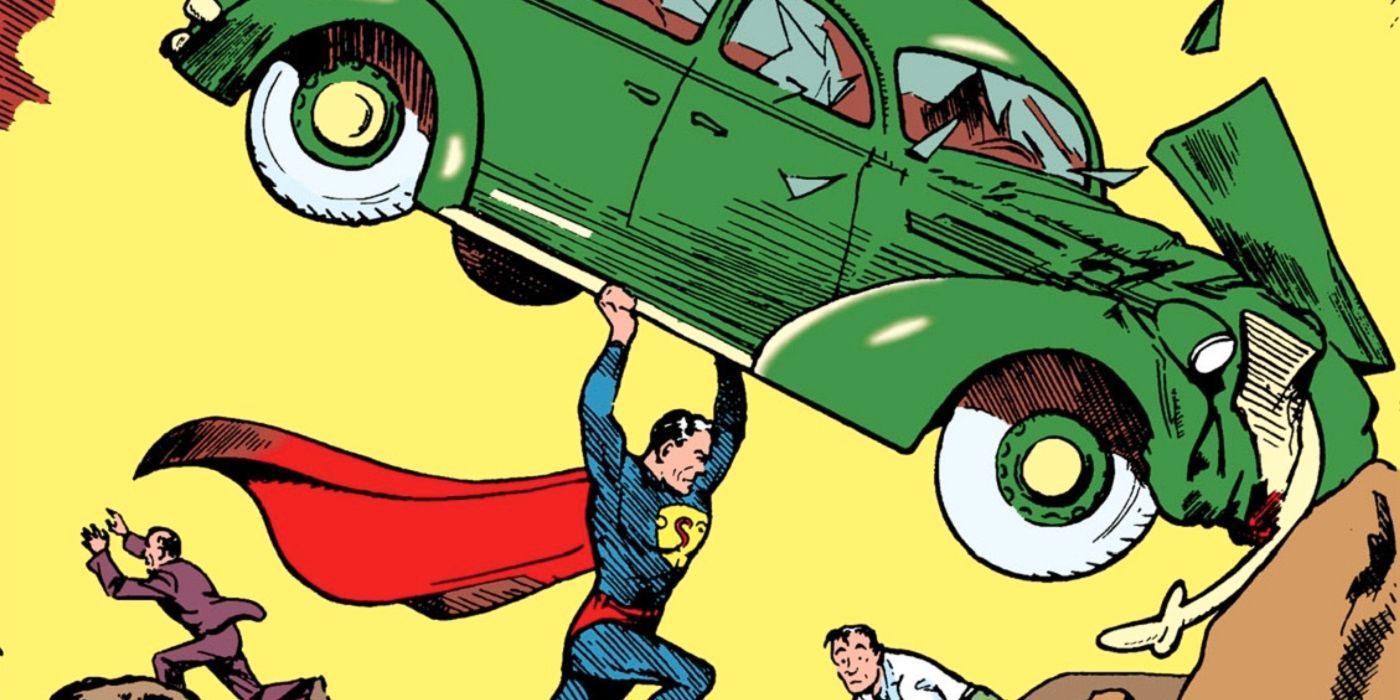
One of the powers almost every reader would like in their own arsenal is super strength. From moving cars out of handicapped parking spaces to simply knowing they'd never be bullied again, super strength is power fantasy at its most basic. However, for those who have it, it's also bound to represent their greatest insecurity. Superman must have had nightmares where he killed loved ones with a hug or a high-five. Without super self-control, super strength makes its possessor into a threat for everyone around them.
A version of this appeared in the Disney film Hercules, where the young Herc accidentally knocked over the local town square. A darker illustration of this complication comes from Suicide Squad member John Henry Martin, a Manhunter villain who received strength from the Gene Bomb with no control over it and accidentally killed prison guards as a result. Being a diamond in a paper mache world isn't always a good thing.
9 Invulnerability Comes With Huge Risks

Invulnerability comes in many forms, but at its most basic it represents the ability to survive. Whether it's Luke Cage's unbreakable skin or Vandal Savage's virtual immortality, it's another ability every reader envies at some point, for themselves or for loved ones. Unfortunately, it can come at a steep cost.
Invulnerability doesn't preclude capture or worse. From The Old Guard's Quynh to Buffy the Vampire Slayer's Angel, an eternity in torment is a physical possibility that real people never have to face. In other cases, a super tough body can turn out to be its own prison. For the Doom Patrol's Cliff Steel and Paul Chadwick's Concrete, their exteriors are bulletproof but nerveless. They can never feel a human touch again.
8 Super Genius Translates Into Supreme Arrogance & Depression
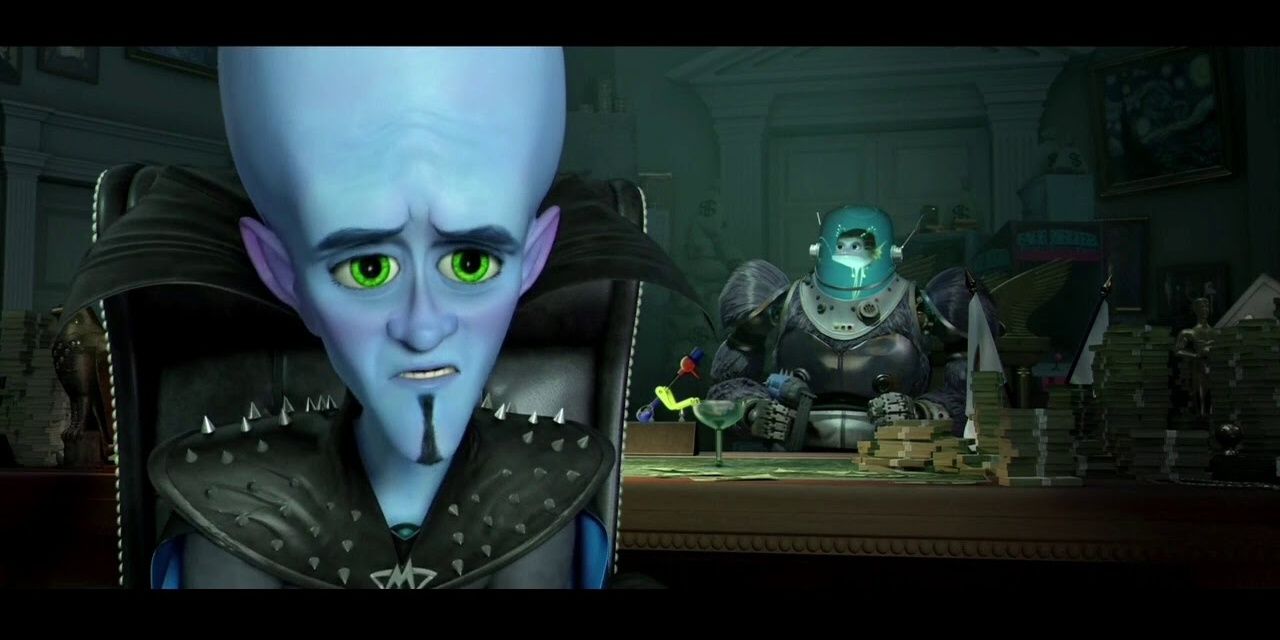
There's nothing more insufferable than someone who knows they're smarter than everyone else. There are plenty of brilliant heroes, of course, but there's a reason why most of comics' most iconic geniuses fall on the wrong side of the struggle. Understanding the fabric of reality and being able to build world-changing devices can convince brilliant minds that they're better than everyone else. This is the basis for many iconic villains, from Lex Luthor to Doctor Doom.
A super-mind can lead to arguably worse consequences as well. When Jon Osterman became Doctor Manhattan, he was an intelligent and engaged human being. However, when he was gifted with complete knowledge of matter and time, he withdrew. His incredible power resulted in a kind of super depression, where he was unable to do anything meaningful because he understood how cosmically unimportant even his actions were. In Steve Alquist's Oz Squad, the supremely brilliant Scarecrow faced a similar problem and found the world too boring to bother with.
7 Teleportation & Phasing Are Instant Death Traps
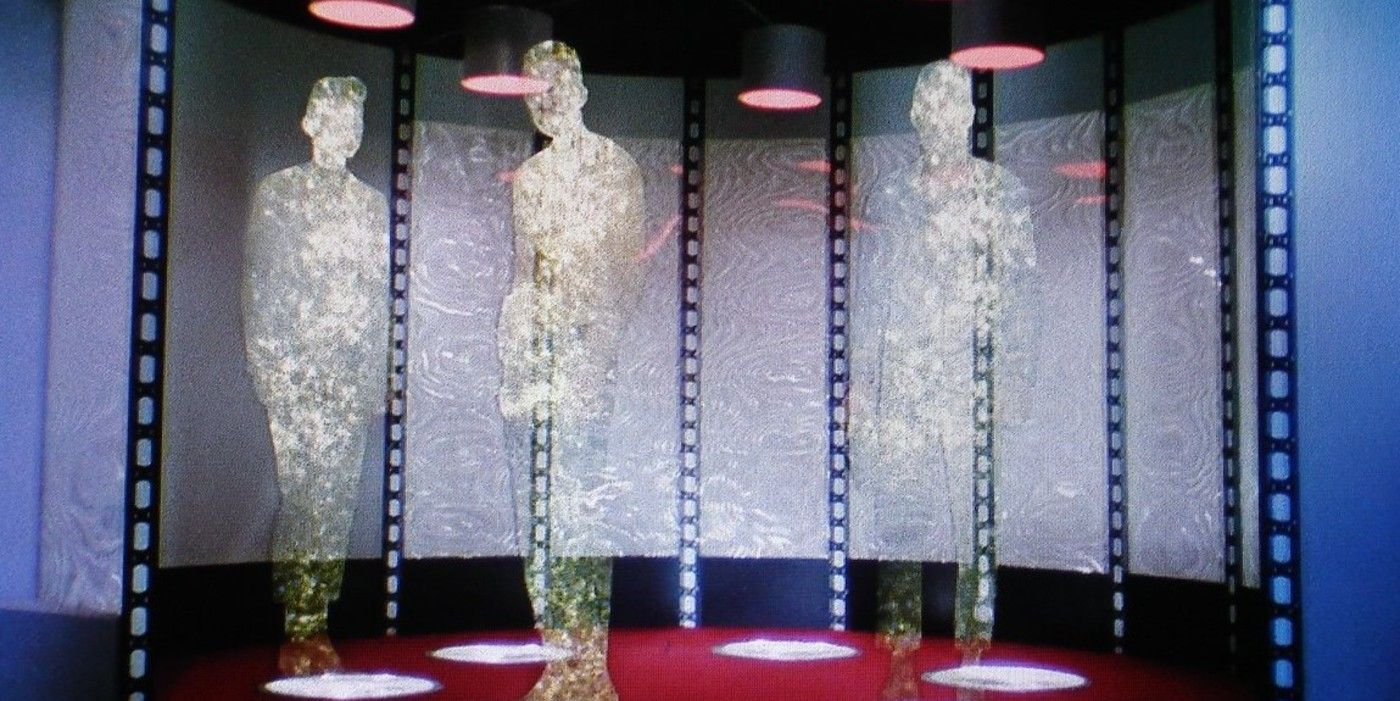
Teleportation and phasing are enviable abilities, and provide a partial remedy to the problems indestructible heroes and villains might face, as well. Passing through solid matter or zipping across the cosmos instantly both seem like incredibly cool powers, but they come with some serious caveats.
A miscalculation with either ability can end with a hand or head embedded in a wall. Or if a hero overreaches, like Kitty Pryde once did, they might find themself unable to stop phasing and return to the solid world. Moreover, both powers have an even more horrifying drawback built into them. The universe is in constant motion. Unless they can compensate for the Earth's orbit and rotation, the first time any superhuman uses either of these powers they'll find themselves thousands of miles from Earth, in the endless vacuum of space.
6 Energy Beams Is A Huge Threat To The User's Surroundings If Not Under Control
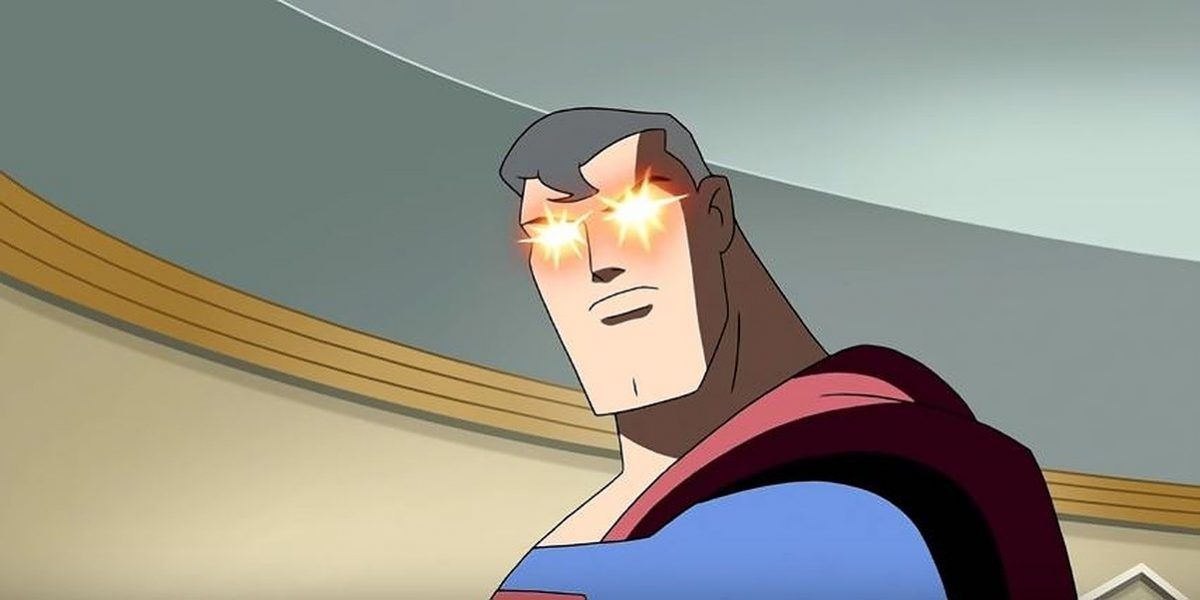
Blasting obstacles into atoms with a thought is a dream everyone stuck in traffic has had. Of course, it's no more abusable than any other power. But without control, it's even worse than super strength.
The inability to control their respective eye beams has plagued Superman and the X-Men's Cyclops, threatening their surroundings. A less obvious consequence appeared in James Maxey's novel Burn, Baby, Burn. His villainous protagonist, Sundancer, had the power to focus cosmic energy through her body. Unfortunately, being the lens that focused cosmic power led to lethal cancer. She decided to burn out rather than fade away.
5 Invisibility Means No Consequences, Which Can Turn A Good Person Bad
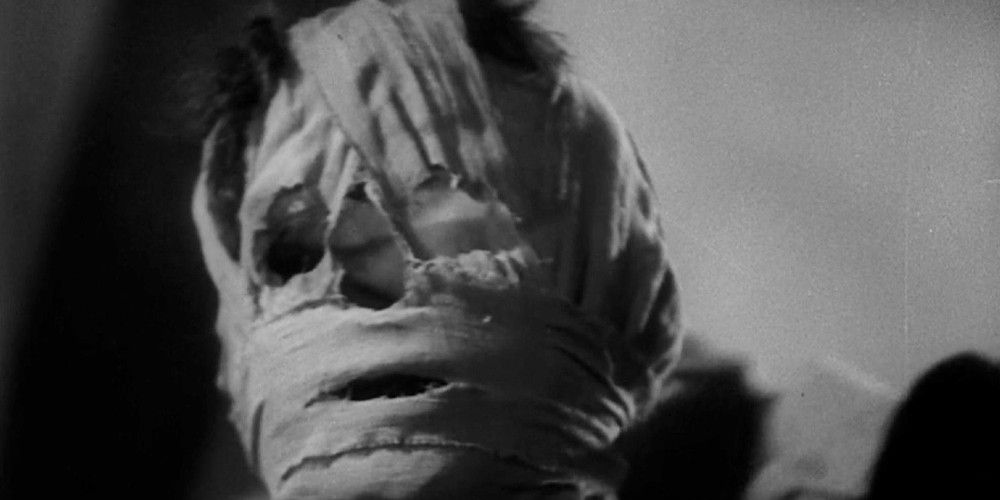
H.G. Wells understood the temptation and the drawbacks inherent to invisibility. It's a kind of supreme power, allowing The Invisible Man to go where he wanted, spying and murdering with impunity. The obvious problem was that he couldn't make his clothes or even the food he ate invisible. To retain his power, he had to be perpetually cold and hungry.
Even when this power is more adaptable, it's bad news. The earliest recorded story about a non-mythological super-powered person is Plato's "Ring of Gyges." Gyges of Lydia's magic ring made him invisible, and the power to act without consequences turned a good man into a monster. A few heroes, like Sue Richards and J'onn J'onzz, have managed to balance invisibility and decency, but it usually drives its recipients mad with power.
4 Flight Is Surprisingly Limited Depending On What The User's Body Can Handle
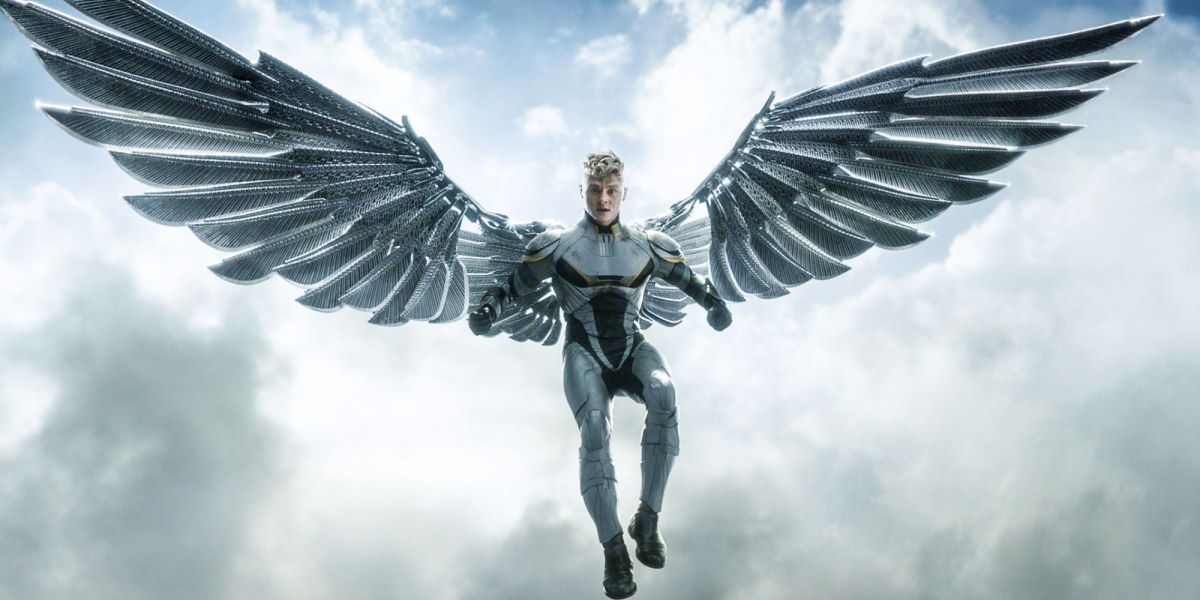
Soaring with the birds is a common dream, but it comes with some strange provisos attached. On its own, "flight" doesn't come bundled with "immunity to cold," and a little altitude makes things frigid, especially in combination with the wind chill that accompanies high speeds. So flying too high is out of the question. And at lower altitudes bugs, trees, and birds pose constant hazards. A helmet and a leather jacket are necessities at normal driving speeds.
Speaking of speed, while superheroes love to fly at speeds greater than the speed of sound, someone who isn't indestructible could easily die from atmospheric friction. Just flying too fast could burn a super-person up like a meteor.
3 Super-Speed Equals Self Destruction
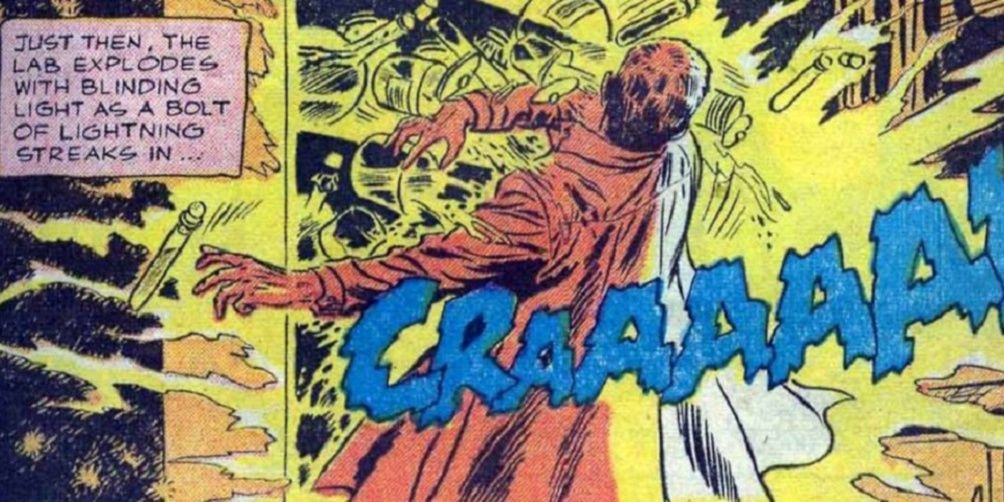
Atmospheric friction is a problem here as well, though The Flash obviates this problem by pulling a thin layer of air with him at supersonic speed, providing insulation. There are other problems that aren't so easily avoided.
Super metabolism is one. In many cases, it's played for laughs, and heroes sit around eating hamburgers by the dozen. However, in Marvel's DP 7, the speedster named Blur almost starved to death in the middle of a fight. Even more dangerous is escape velocity. Anything traveling at greater than 7 miles a second for any distance should exit Earth's atmosphere. This actually happened to Chesire Cheetah in DC's funny animal comic, Captain Carrot and His Amazing Zoo Crew.
Also, with one slip, super speed is just a one-person car crash.
2 Shapeshifting Means Forgetting One's Own Identity
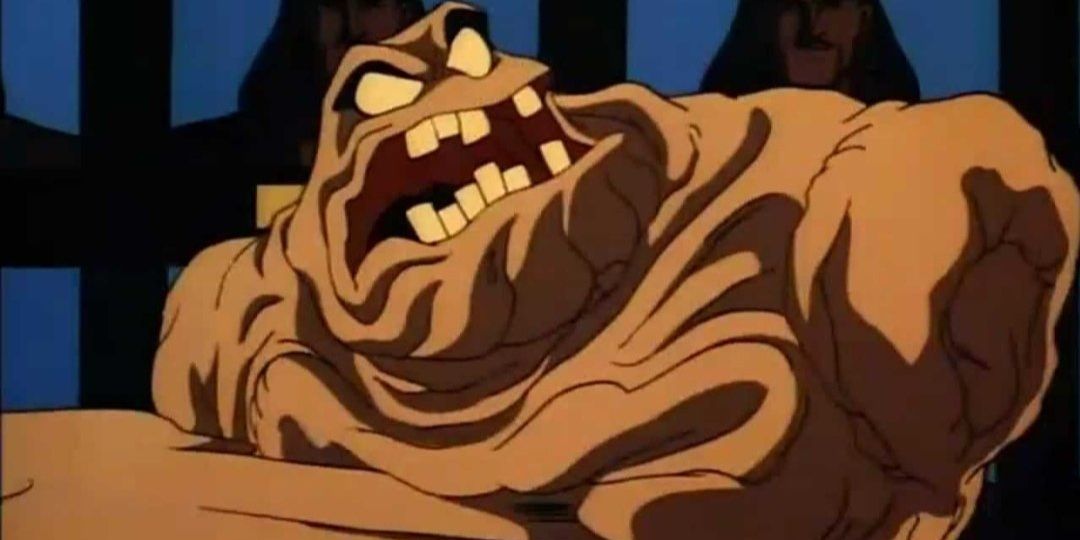
From run-of-the-mill werewolves to Metamorpho, shapeshifters are all different, but they share several weaknesses. Often, if they take a single form for too long, they forget who they are. Whether it's simply getting lost in the role, like any deep cover agent can, or forgetting their humanity like Ged in A Wizard of Earthsea, psychological damage comes with the territory.
1 Telepathy Requires Discipline Because It Can Be Quite Tempting
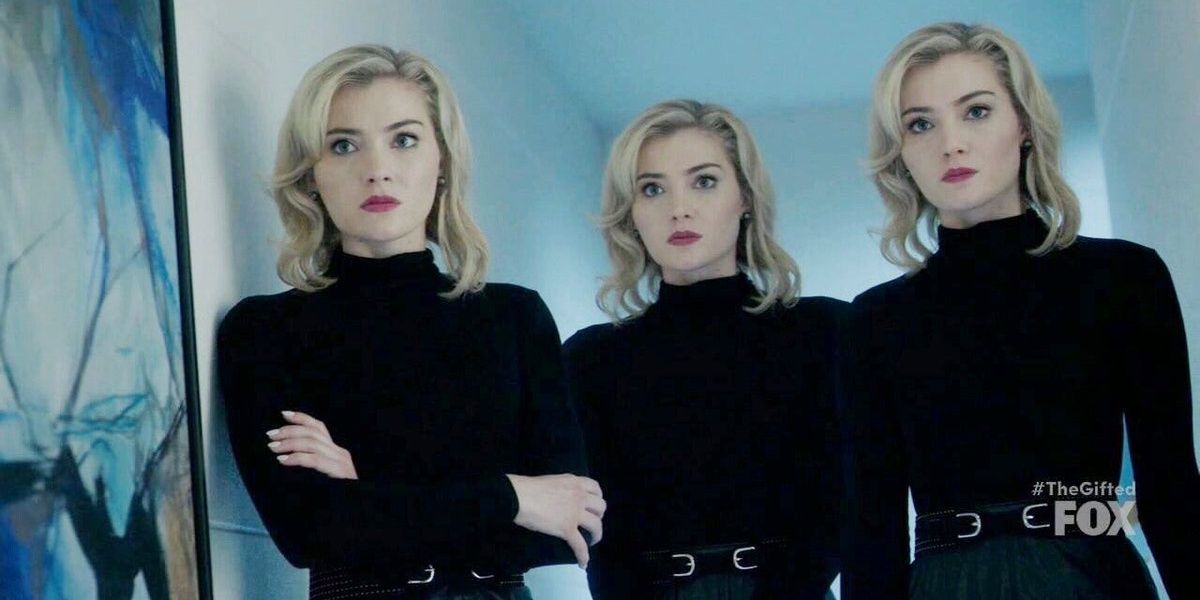
Like invisibility, telepathy comes with a sea of temptations, from eavesdropping to mind control. It's hard not to give in to the dark side when every wish is someone else's command. It can also be overwhelming. Hearing others' intrusive thoughts is maddening. It almost killed Buffy Summers in "Earshot," and it made a murderous villain out of X-Factor's Isolationist.
Other things can go wrong as well. In Aaron Williams' PS 238, a supremely powerful telepath accidentally fused humanity into a single collective mind. His planet was happy and peaceful, but he was isolated outside the collective, beloved and alone.
0 Comments